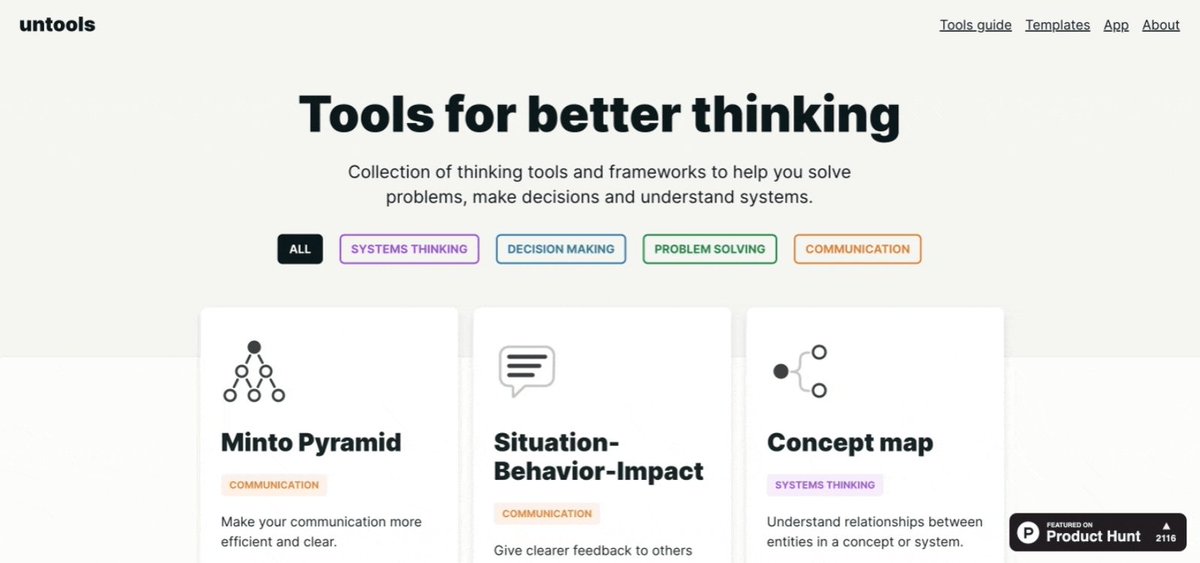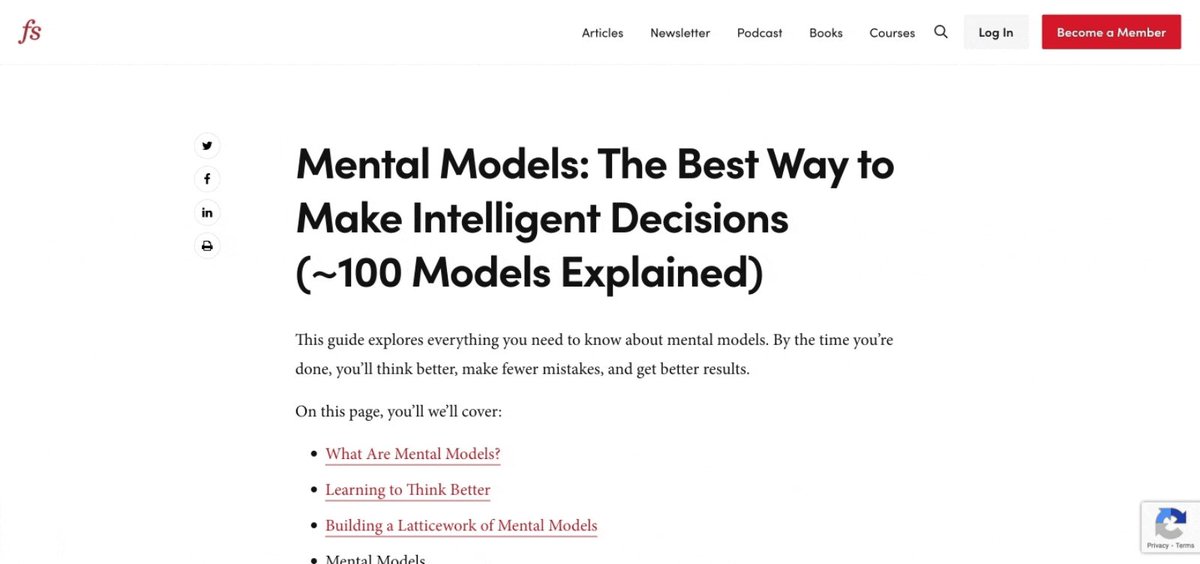Have you ever felt like a fraud?
Like you haven’t earned your accomplishments?
You’re not alone.
Up to 82% of people suffer from Imposter Syndrome.
It’s the single greatest threat to your career (and reaching your potential).
Today I’ve going to break down WHY Imposter Syndrome happens
And a proven plan to overcome it.
Let’s get started.
So, why does Imposter Syndrome happen?
Credit goes to a quirky cognitive bias:
“Dunning-Kruger Effect”
Dunning-Kruger Effect
Novices experience overconfidence due to quick progression on the learning curve.
While experts’ confidence drops because they realize what they don’t yet know.
Paradoxically, the more you become an expert, the more you may feel like an imposter.
Understanding Dunning-Kruger Effect is step #1 to beat Imposter Syndrome.
You’ll see these negative feelings simply for what they are:
Bias.
Feeling like an imposter may actually be a signal that you’re READY.
O.K., we’ve discussed the underlying bias.
Now you’re ready for a plan to overcome it.
Here are 5 tips to beat Imposter Syndrome…
1. Learn the facts
Remember that stat? Up to 82% of people are afflicted with Imposter Syndrome.
It’s not a personal shortcoming. It’s a societal norm.
“Many psychologists believe that Impostor Syndrome is most common in high-achieving women and those who feel underrepresented or different from their colleagues such as people of color, the LGBTQ community, etc.”
—Robert Glazer, Forbes
2. Discuss it with others
Studies consistently find that people who experience Imposter Syndrome feel alone.
But after learning the facts (tip #1),
You know 8/10 people in a room feel (or have felt) similarly.
I struggled with Imposter Syndrome for 11 years.
But then I learned so many high-achievers *still* experience it.
Serena Williams, Howard Schultz, Lady Gaga. The list goes on…
Their courage inspired me to spread the message today.
3. Write down your wins
Our evolutionary wiring makes us focus more on negative stimuli than positive (for survival).
Seeing threats in a jungle is more useful than seeing the beauty.
As a result, we tend to overlook our progress.
So write down your wins—strong performance reviews, high grades, compliments, etc.
Then regularly review your wins.
See how far you’ve come and how seriously capable you are.
4. Let go of perfectionism
The #1 factor that influences success in creative fields?
The volume of work produced.
70-20-10 rule teaches:
- 70% of your work will suck
- 20% will be average
- 10% will be amazing
If you’re avoiding failure, you’re avoiding success.
5. Adopt a growth mindset
You might be sick of hearing about growth mindset
But I must mention it here (because it’s critical to beating Imposter Syndrome).
Growth mindset is the belief that you can improve your abilities through dedication + hard work.
Know this:
Everything surrounding you right now was built by people no smarter than you.
The creators went from idea to execution—and continued to learn along the way.
And so can you.
TL;DR for Beating Imposter Syndrome
1. Learn the facts
2. Discuss it
3. Write down your wins
4. Let go of perfectionism
5. Adopt a growth mindset
If you learned something here, please RT the first tweet.
Together we can:
• Follow tip #2 (discuss it)
• Bring awareness to Imposter Syndrome
• Overcome it 💪



